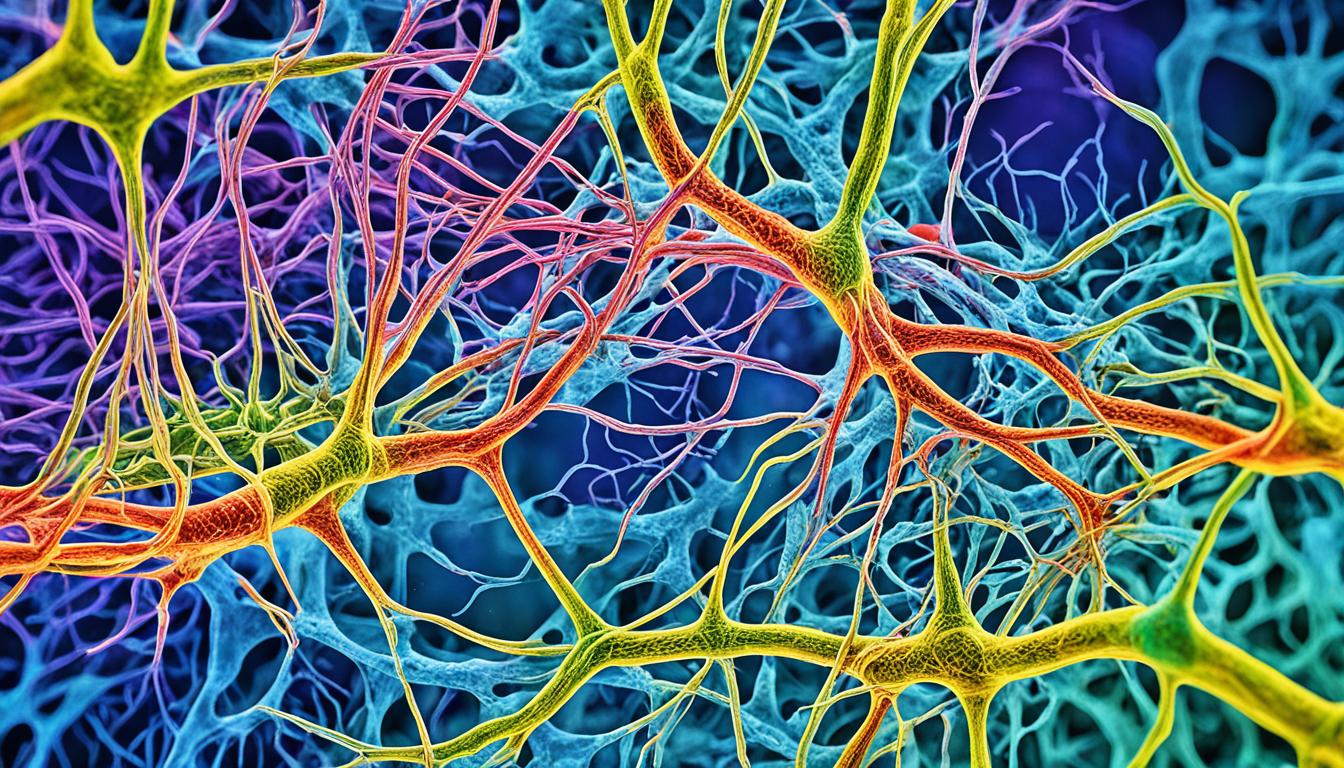Phenylketonuria (PKU) affects about 1 in 24,000 people around the world. It’s a genetic disorder that happens when the phenylalanine hydroxylase (PAH) gene has mutations. These mutations cause a lack of the PAH enzyme. As a result, the body can’t break down phenylalanine (Phe), increasing its levels in the blood.
If PKU is not treated, it can lead to very serious problems. These include severe intellectual disability, seizures, and behavioral issues. But, early diagnosis is key to managing the disease before these problems occur.
Treatments usually start with adjusting what the person with PKU eats. They need to lower their protein intake and use special supplements. There are also some supplements that stop the Phe from reaching the brain. This method helps reduce its harmful effects.
Researchers are also looking into using stem cell therapy to treat PKU. So far, studies have shown some promise in using this new approach.
Managing PKU requires a team effort. This includes doctors, dietitians, and genetic counselors all working together.
Key Takeaways:
- Phenylketonuria (PKU) is a rare genetic condition caused by gene mutations.
- It leads to high levels of phenylalanine (Phe) in the blood, causing serious health issues.
- Early detection and management are important to avoid severe complications.
- The main treatment is a special diet, but other supplements and stem cell therapy are being studied.
Symptoms and Diagnosis of Phenylketonuria (PKU)
Phenylketonuria (PKU) is a genetic disorder with varying symptoms. These symptoms change based on how severe the condition is. Those with PKU could face issues like delayed development, behavioral problems, and a musty smell in their skin and breath.
Newborn screening is key in diagnosing PKU early. It checks blood for high phenylalanine using a dried blood spot (DBS) test. If the first test shows high Phe levels, more tests are done. This includes a Phe tolerance test and genetic tests for a final diagnosis.
Getting diagnosed early is very important for PKU. It allows treatment to start quickly, improving the person’s chance of a good outcome. Healthcare teams can then use the right methods, like diet changes, to help keep Phe levels in check. This helps prevent serious health problems linked to PKU.
Finding PKU early through newborn screening is crucial. It helps in getting the right care fast, which can lead to better long-term results. Knowing about the symptoms and how PKU is diagnosed is key for both healthcare workers and parents. This knowledge helps with early spotting and managing the condition effectively.
Causes and Genetics of Phenylketonuria (PKU)
Phenylketonuria, or PKU, is a genetic disorder. It’s caused by changes in a specific gene called PAH. These changes stop the PAH gene from working right and cause a lack of the PAH enzyme.
PKU is passed down in families in a certain way. Both parents must carry the changed PAH gene for a child to get PKU. If only one parent carries it, the child won’t have PKU but could be a carrier like them.
To deal with PKU, a person needs to eat a special diet very low in a certain amino acid called phenylalanine, or Phe. This diet stops Phe from building up in the body. People with PKU also might take special supplements without Phe.
Sticking to the PKU diet is very important for good health. It helps avoid serious problems linked to too much Phe, like brain issues. When someone with PKU eats right and takes care of themselves, they can stay well and not face the bad effects of PKU.
Conclusion
Phenylketonuria (PKU) is a rare genetic disorder needing lifelong care. Finding it early via newborn screening and quick treatment are key. People with PKU often follow a special diet that includes Phe-free supplements. They might also use casein glycomacropeptide (GMP) and large neutral amino acid supplements to help keep Phe from building up in the brain.
Stem cell therapy is a new area of research for treating PKU, but it still needs more study. A team of medical experts, dieticians, and genetic counselors helps manage PKU effectively. With the right care, those living with PKU can have full and healthy lives.

